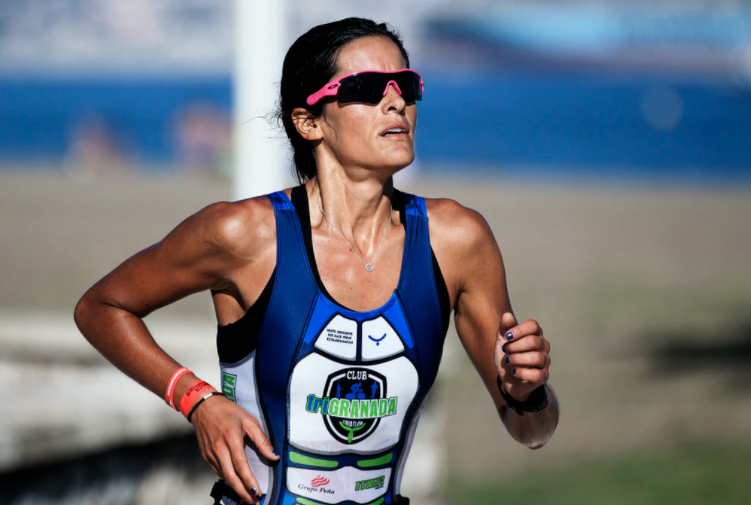If you are an athlete, there are good chances that you struggle with pain-specific musculoskeletal conditions. Ankle sprains, shin splints, tennis elbow, shin splints, shoulder injuries, and lower back pain are the common issues you may face from time to time. While the pain is hard to bear, these conditions can even keep you from getting back to workouts and events. But taking shortcuts to recovery with painkillers isn’t the best approach for athletes. You need safe, effective, and reliable methods that do not have any side effects with prolonged use. Here are the best ones recommended by experts.
Physical therapy
Whether you have to deal with a chronic pain issue or recurring sports injury, physical therapy offers effective relief. A therapist starts by pinpointing the source of the problem, which makes the treatment more targeted. Beyond addressing the trauma, physical therapy can build endurance, increase strength, enhances flexibility, and corrects biomechanical issues. Your therapist can also offer helpful exercise and training recommendations to prevent re-injury.
Strength training
Surprisingly, strength training can help relieve pain because it has an anti-inflammatory effect on the body. It is the reason why trainers and sports therapists emphasize strength training and stretching as a part of regular fitness plans for athletes. You have to work with relatively low weights, and proper lifting techniques with strength training specifically meant for pain management.
Kinesiology tape
If you want effective and lasting pain relief without medication, kinesiology tape is a great alternative. The therapeutic tape is applied strategically to the body to reduce pain and swelling, provide support, and improve performance. You can try Spidertech Kinesiology Tape because it is easy to apply and offers the support you want. It gives a full range of motion, which means that you need not compromise your workouts.
Sleep and nutrition
When it comes to managing pain naturally, you cannot overlook the role of sleep and nutrition. At least eight hours of sleep is essential for athletes as it boosts muscle recovery, reduces fatigue, and makes you more energetic. Good nutrition is equally vital, though you should rely more on a healthy diet rather than supplements to derive it. Several foods offer anti-inflammatory benefits, making them excellent picks for athletes. Even as you use supplements, always choose high-quality ones with trusted ingredients.
Psychosocial interventions
Pain management is as much about the mind as it is about the body. It comes as no surprise that athletes rely on psychosocial interventions to deal with traumatic injuries these days. Cognitive–behavioral therapies (CBTs) such as relaxation, positive affirmations, and goal setting can make it easier to deal with the pain and inflammation cycle. These therapies work on the physical conditions and boost mental strength and endurance, which matter all the more for young athletes.
Pain management for athletes need not be dependent on painkillers. Rather, it is vital to steer clear of medications because they can do more harm than good. Fortunately, these alternative therapies work and deliver effective and lasting results minus the side effects.




